




‘Sharabi’s story is one of profound physical and psychological suffering—hunger, loneliness, helplessness—but also of resilience, endurance, and the quiet, repeated choice to stay alive. His memoir bears witness to the bonds formed between hostages, the moments of grace that sustained them, and the inner strength that carried him through.’
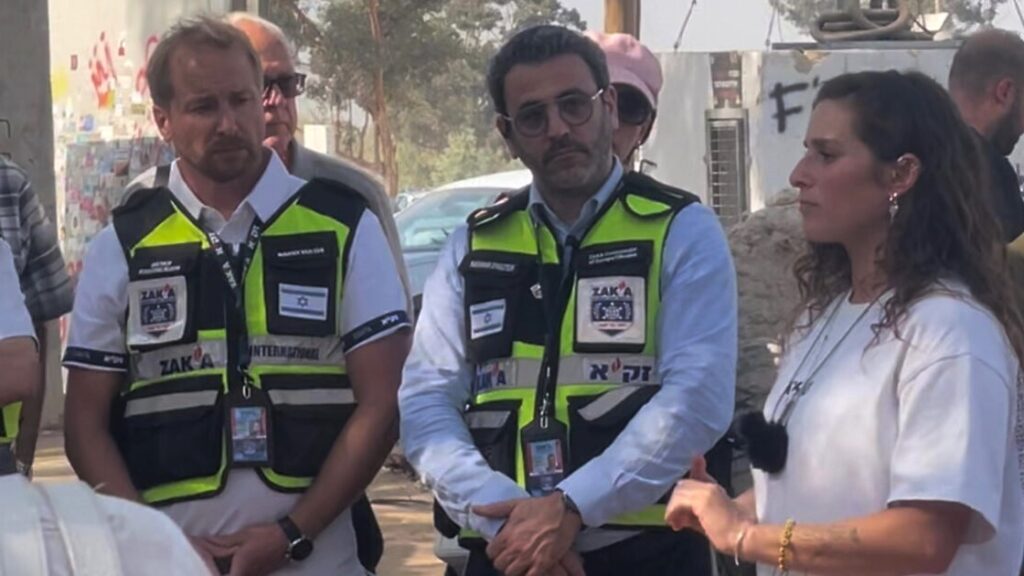
‘So the question arises: how do ordinary citizens continue their lives despite decades of unrelenting violence?’
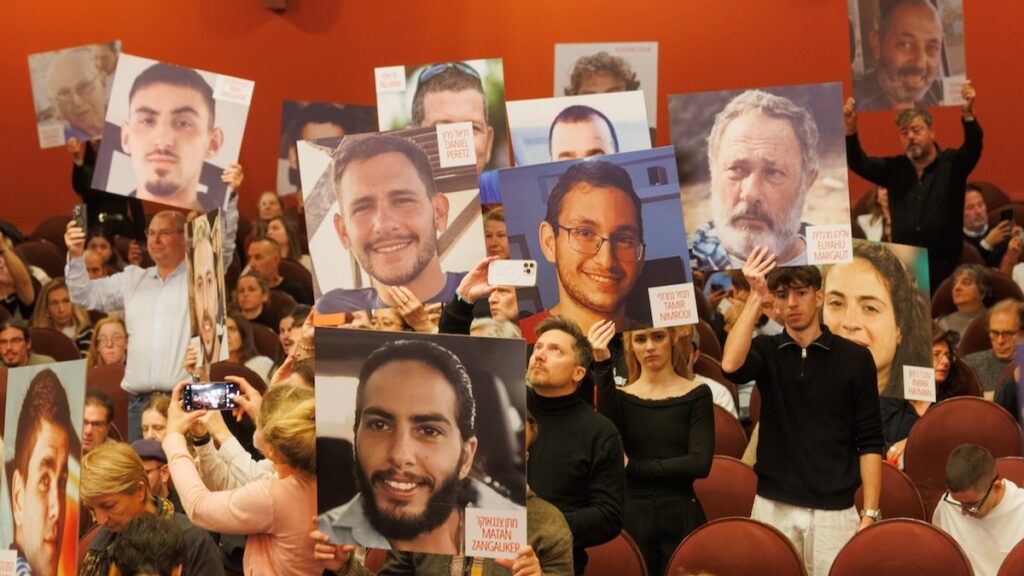
‘They joined the Nova Festival to celebrate. When the Hamas assault began, they narrowly escaped tragedy: they ignored police instructions to head toward the Re’im base—one of the first sites overrun by terrorists…they instead drove in the opposite direction. Their car came under heavy fire, bullets striking the vehicle repeatedly, but miraculously, they reached another army base…’
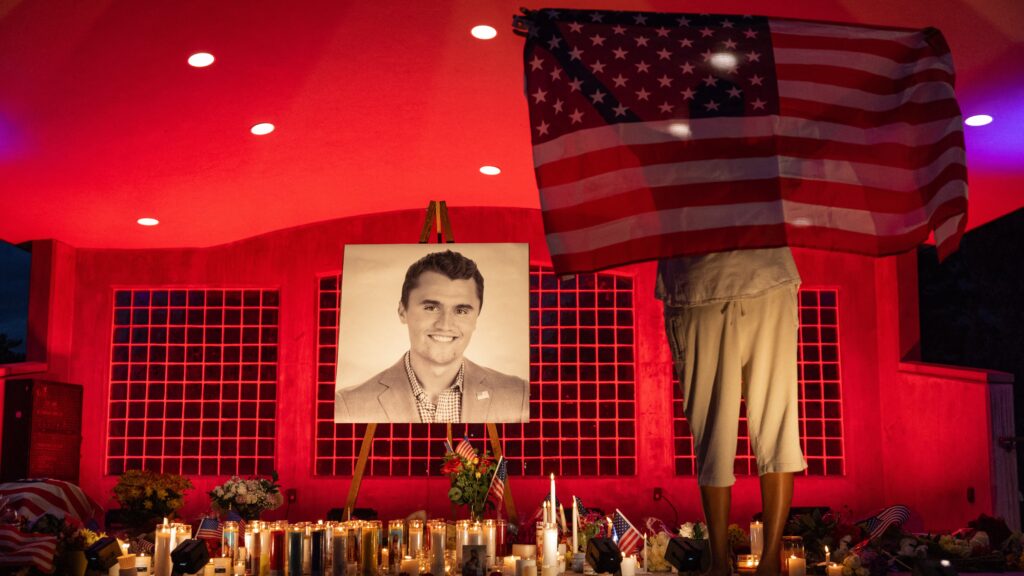
‘Kirk made his name in the very arena where conservative ideas are often least welcome: academia. To many progressive students, his campus events provided their first real exposure to conservative arguments; to right-leaning students, he offered both encouragement and a sense of belonging. Yet Kirk’s reach extended far beyond the lecture hall.’
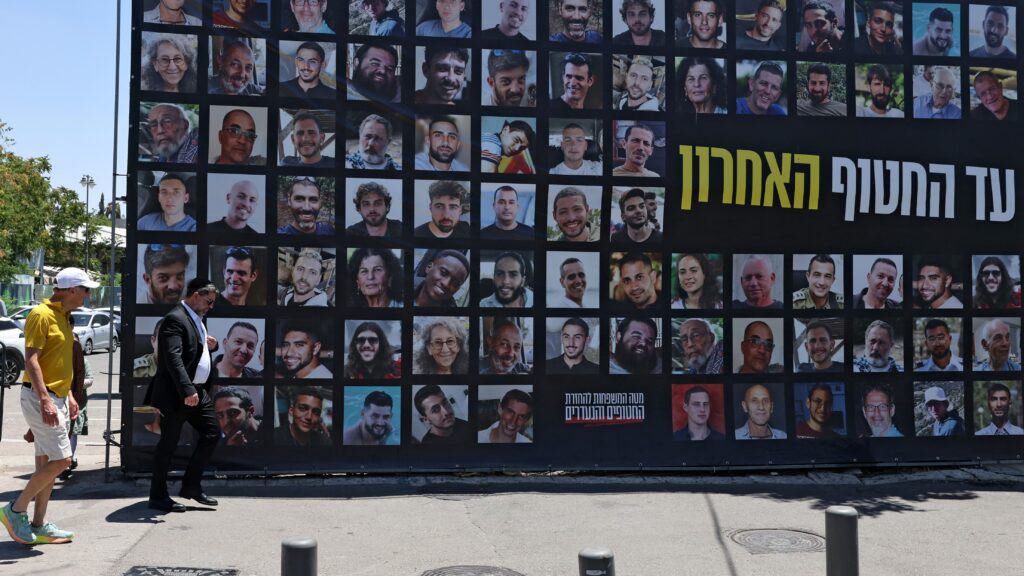
‘When Israeli cities burned and much of Europe hid behind legalese, it was Serbia loading pallets of 155 mm shells, the Czech Republic dispatching armour plates, and Hungary vetoing hostile resolutions and defending Israel on the world stage. They may not be Europe’s largest economies or loudest voices, but they acted decisively when it mattered most. ‘
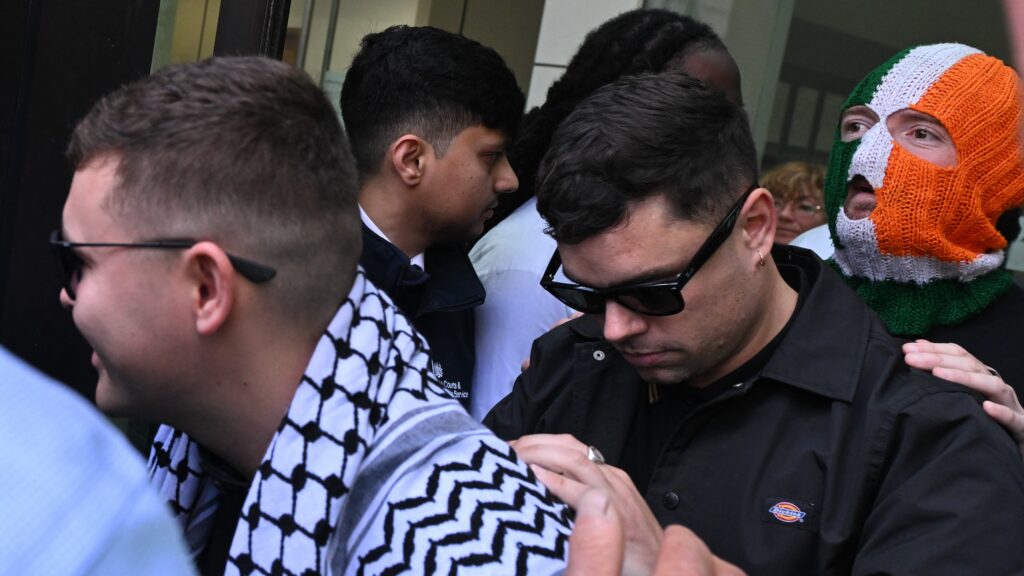
Hungarian journalist Tamás Vajda has sharply criticized the Sziget Festival for inviting Irish hip-hop group Kneecap, accusing the band of supporting terrorist groups like Hamas and Hezbollah. In an open letter, Vajda warns that giving such artists a stage reflects a moral failure and puts commercial interests above human rights.

‘The Olympic Committee highlights that this arrangement has been carefully coordinated with various sports federations and includes collaborations with local clubs throughout Europe. This cooperative effort not only exemplifies excellent diplomatic relations but also a shared commitment to sports and cultural exchange.’
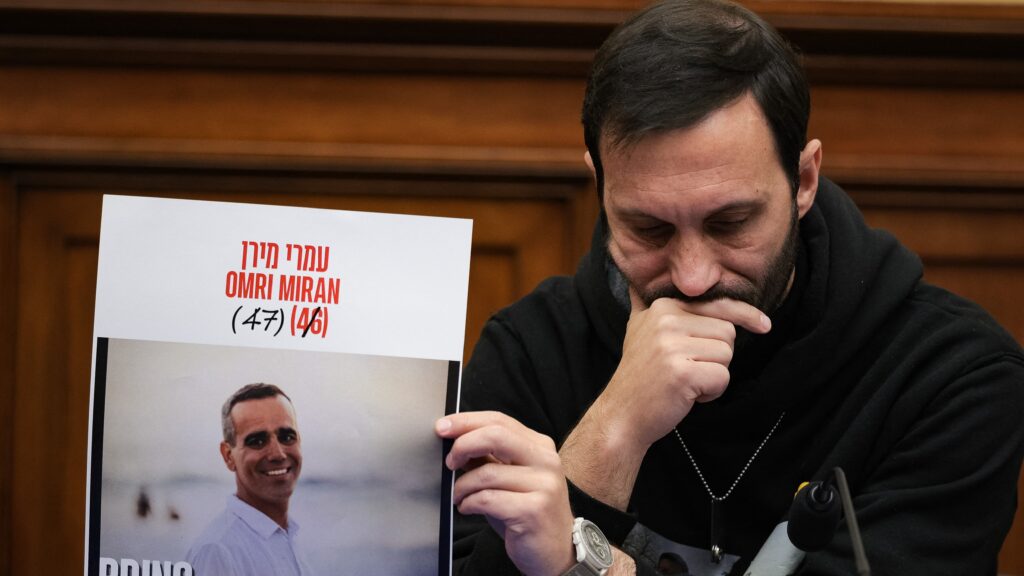
‘Our Omri is strong and will not break, but his heart is broken. A year and a half and 58 hostages are waiting to be brought back…We will continue to fight until Omri returns to us, and especially to his two daughters who are waiting with all their hearts to hold him again.’
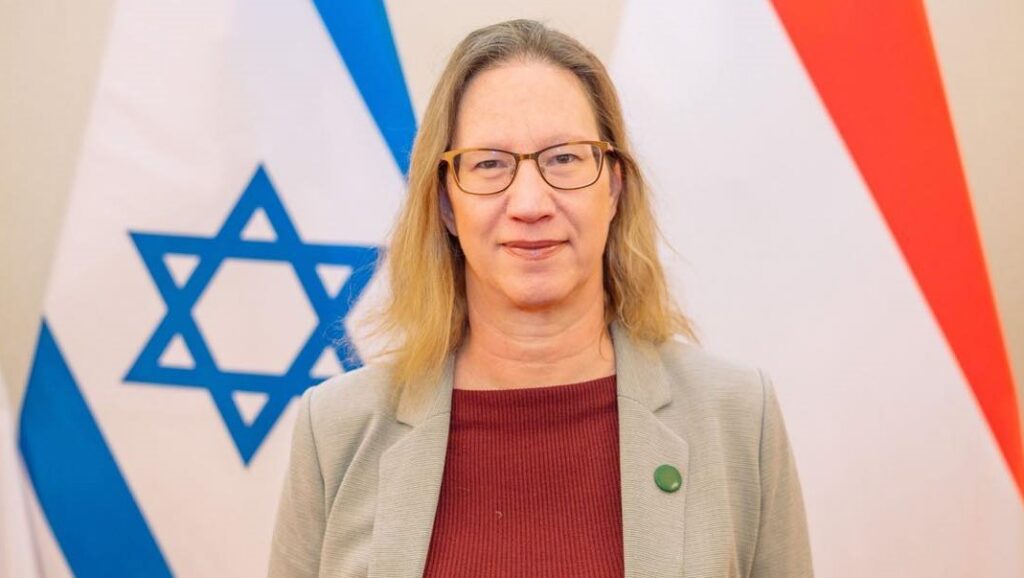
‘Maya Kadosh, Israel’s next ambassador to Hungary, has arrived in Hungary…In the coming years, the goal is to place even greater emphasis on strengthening the friendly alliance between the two countries. Welcome, Madam Ambassador!’
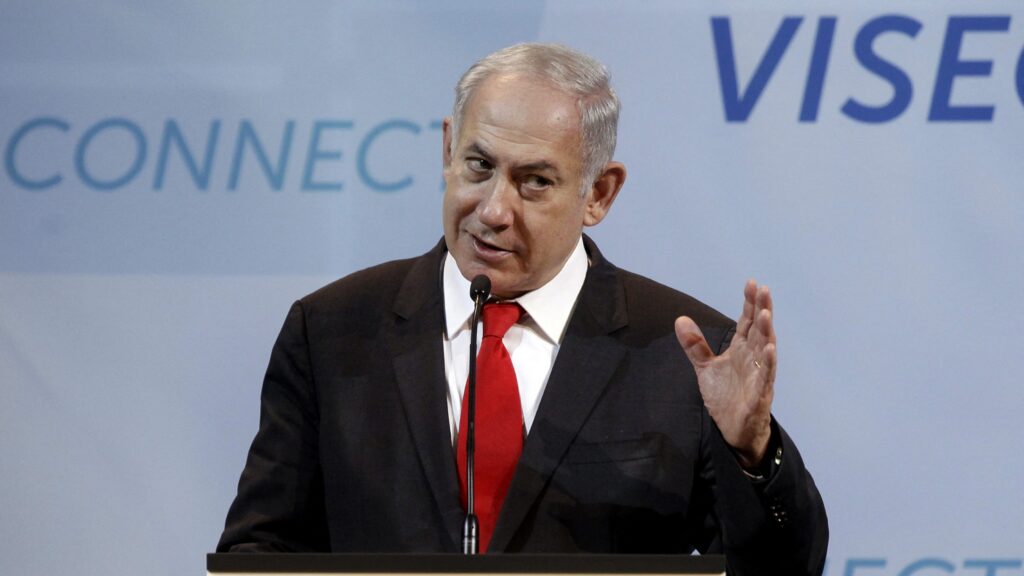
According to Head of the Prime Minister’s Office Gergely Gulyás, Israeli Prime Minister Benjamin Netanyahu will pay an official visit to Hungary in the next few weeks. The visit was set in defiance of an international arrest warrant for the Israeli leader.
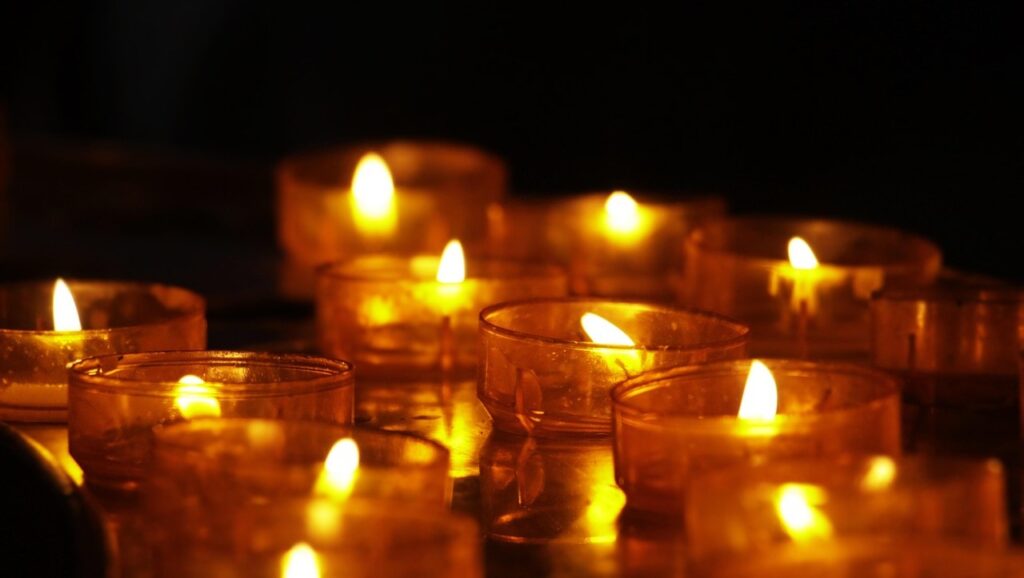
‘Although Hamas claimed that Ariel and Kfir were killed in an Israeli airstrike, the IDF revealed that the two little boys did not die of malnutrition and were apparently murdered. Ben Shapiro highlighted in his opinion article: “Hamas mutilated the bodies to make it look as though they were not, in fact, beaten or strangled to death. Remember, they were taken by Gazan civilians.”’
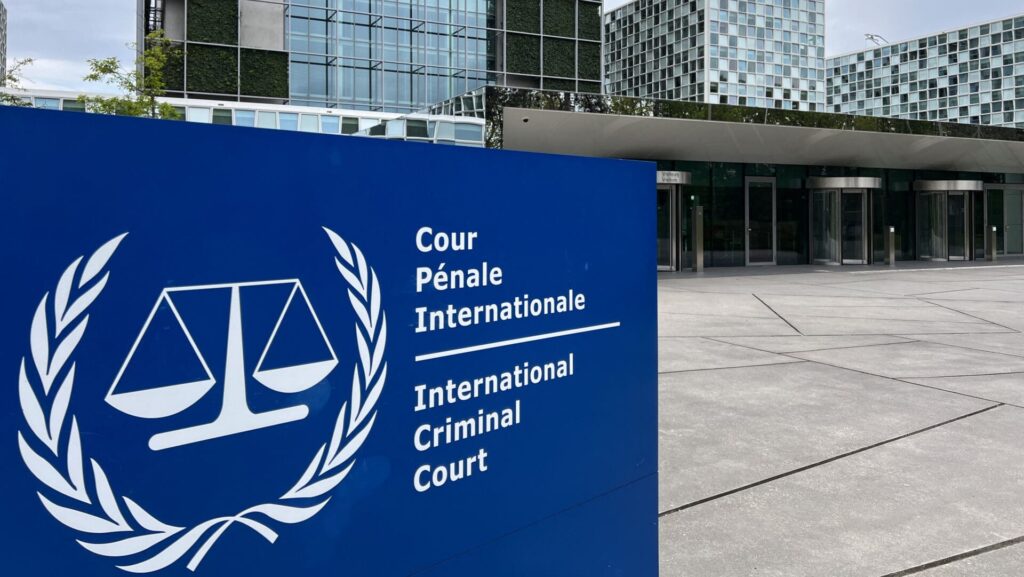
‘Mr Khan also took the unusual step of convening a “panel of experts” in January 2024 “to support the evidence review and legal analysis” related to the Gaza case. After this, he announced his pursuit of arrest warrants as the panellists unanimously recommended that he do so. However, it seems that the outcome was already determined beforehand.’
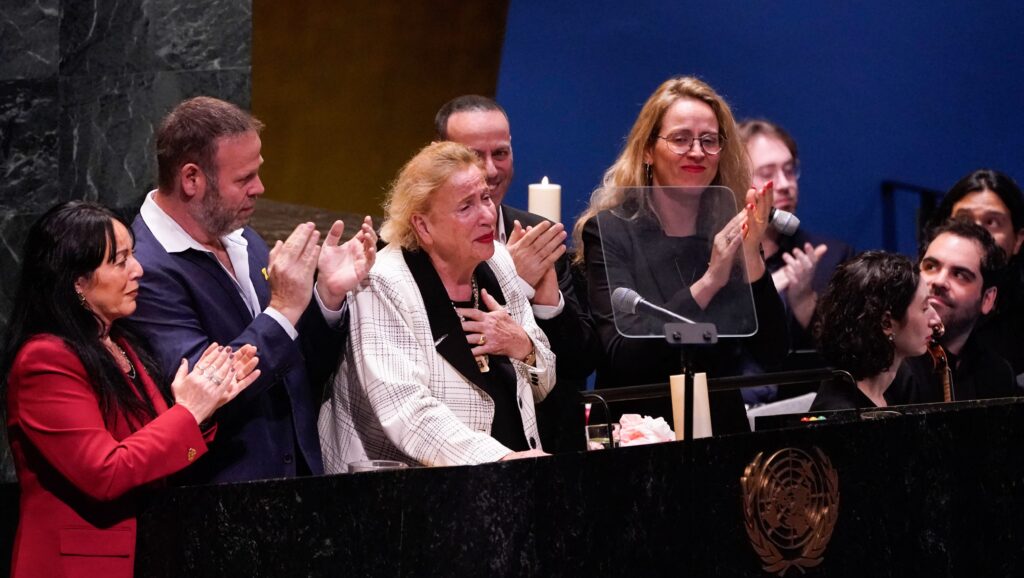
‘I represent today the 6 million Holocaust victims who were murdered just because they were Jewish. I demand the world remember what happened only 80 years ago.’
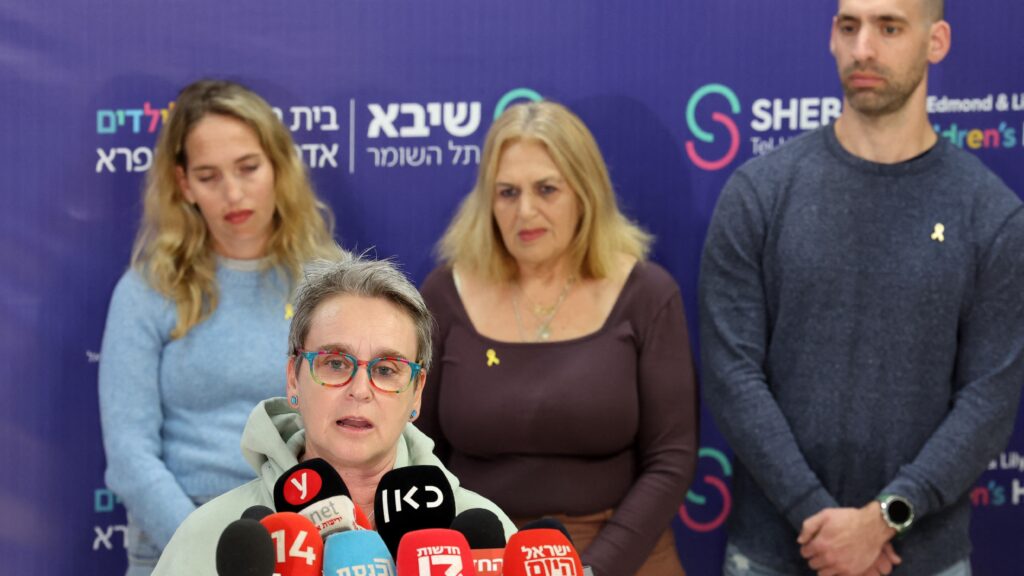
The world press has covered the Israel–Hamas ceasefire deal in great detail, but little has been written about the three brave Israeli women who were the first to be released as part of the deal. Out article tells their story, also reminding that a Hungarian Israeli is still held by Hamas.

The first guest of the new edition of the Danube Info podcast was Or Yissachar, a national security researcher and team lead in the Israeli high-tech industry, leading the Israel Defence and Security Forum’s Content Division and Research Department.
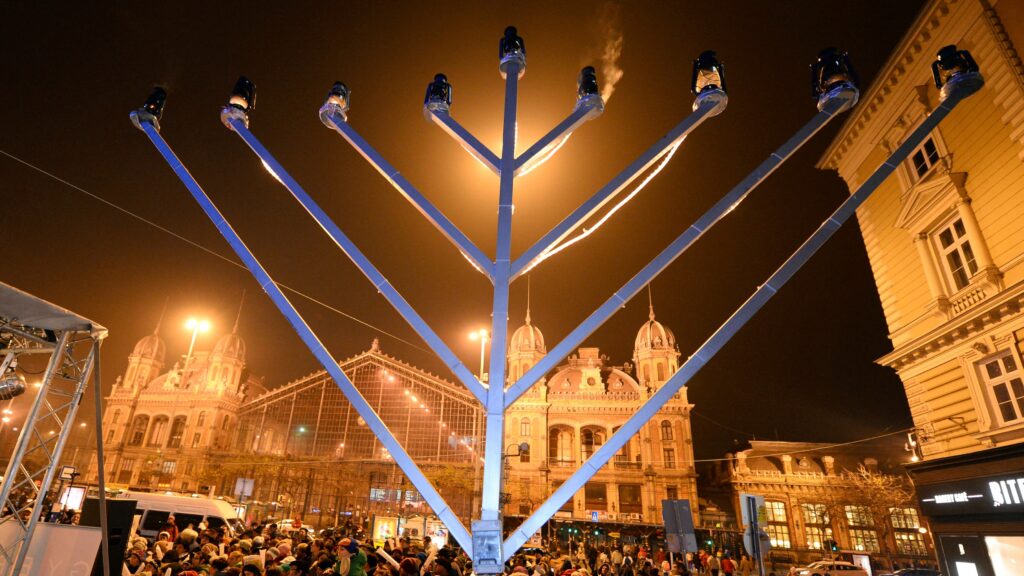
Hanukkah, the eight-day Jewish Festival of Lights, commemorates the rededication of the Temple in Jerusalem in the second century after it was liberated. This year’s Hanukkah will start on 25 December and end on 2 January 2025.
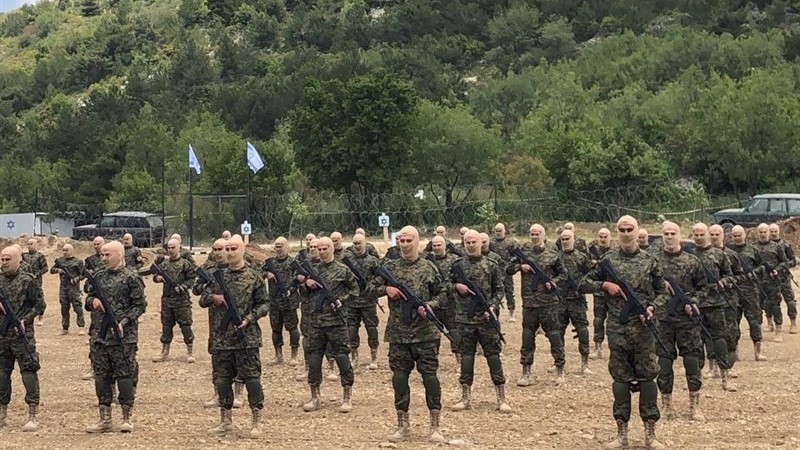
In a recent analysis former Hungarian ambassador to Israel Levente Benkő highlights that for Israel, Hamas’s brutal attack necessitated a forceful response in order to restore deterrence. He points out that Israel has no choice but to confront its enemies decisively, even with or without the help of the US, starting with Hamas in Gaza. By doing so, while not eliminating resistance to Israel as such, at least prevents it from taking the form of an organized insurgency.
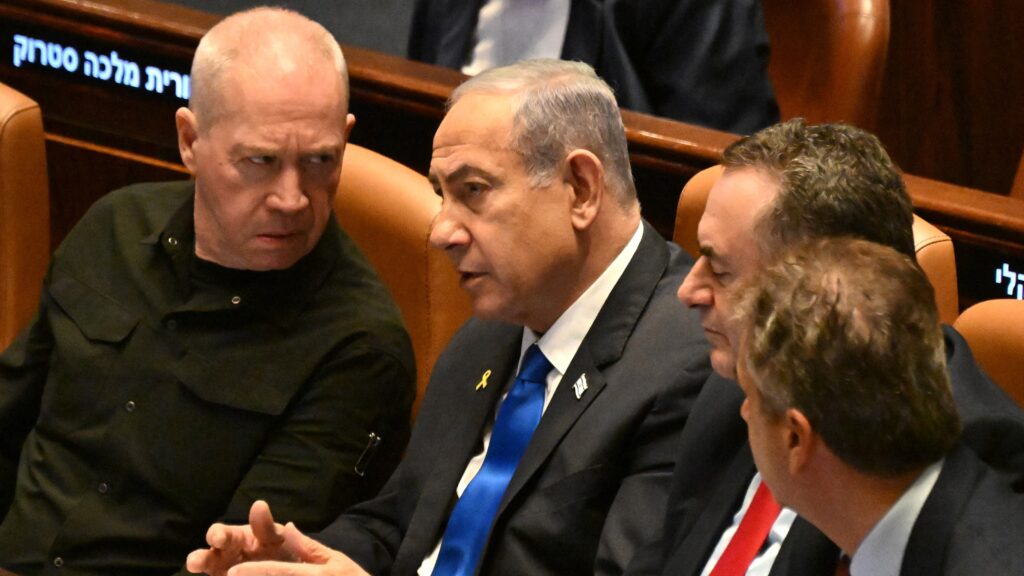
On 28 October, despite international opposition, Israeli lawmakers voted overwhelmingly to approve two bills that essentially ban the United Nations Relief and Works Agency for Palestine Refugees in the Near East from operating in Israel and severely restrict its activities in Gaza and the West Bank, due to certain staff members’ direct ties to Hamas and other terrorist groups.
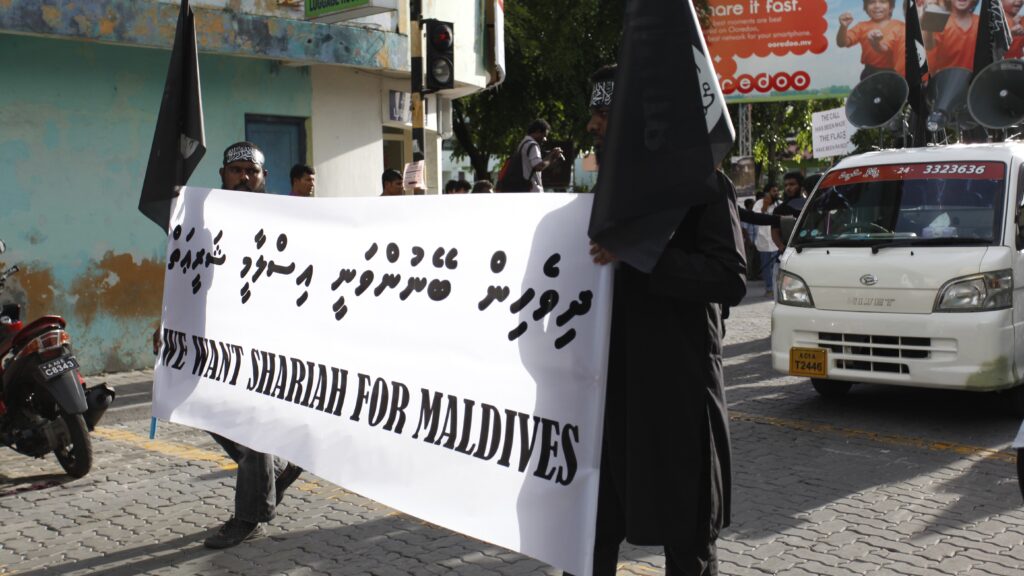
According to the OIDAC’s 2022/2023 report, there was a 44 per cent increase in crimes against Christians in those two years. In 2022, OIDAC documented as many as 749 anti-Christian hate crimes. The report points out that there is a reasonable probability that the actual numbers are higher, due to limited reporting as a result of the crimes’ chilling effect on victims, and the lack of media coverage. OIDAC found that Christian converts of Muslim origin are particularly vulnerable to violence.
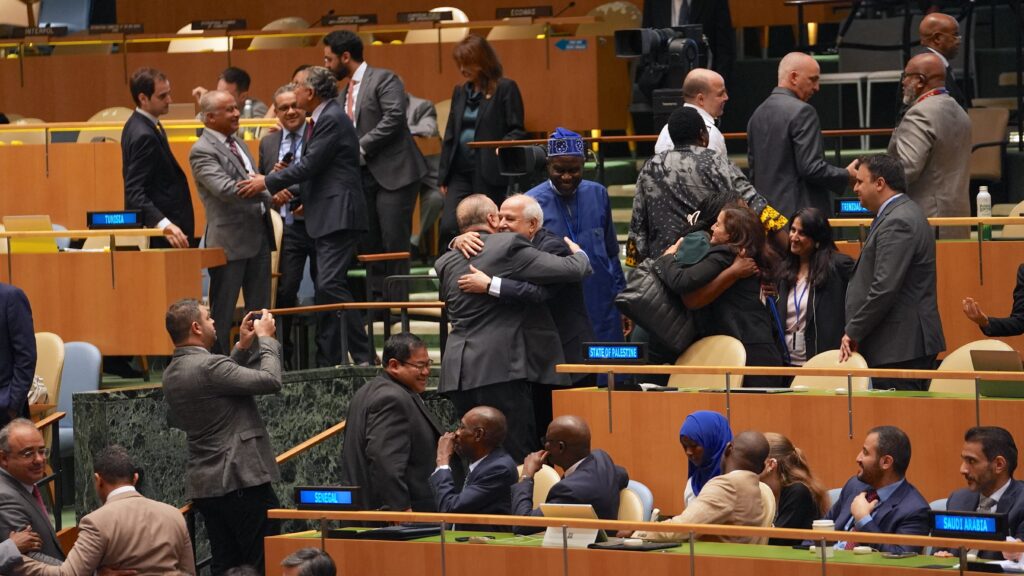
The 18 September resolution doesn’t mention Hamas’ brutal incursion into Israel on 7 October or the 101 hostages that are still being held captive in Gaza. It also conspicuously avoids mention of the continuing Palestinian attacks on Israel. Hungary was one of the fourteen nations that voted against the resolution that holds Israel solely responsible for the conflict.
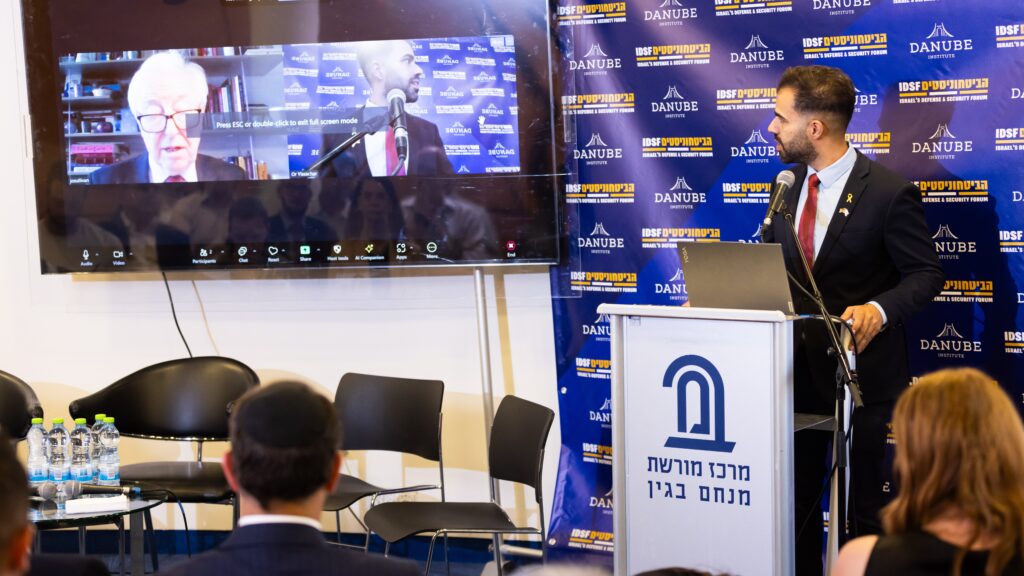
The pro-Israel experts and politicians who gathered at the Israel Defence and Security Forum (IDSF) and the Danube Institute’s conference titled October Effect: Strategic Implications for Israel and Europe in the Middle East War, held on 9 September at the Menachem Begin Heritage Center in Jerusalem, discussed and analysed the rise of antisemitism in the West, the ramifications of Israel’s war in Gaza, and the emerging Russia –China–Iran axis.
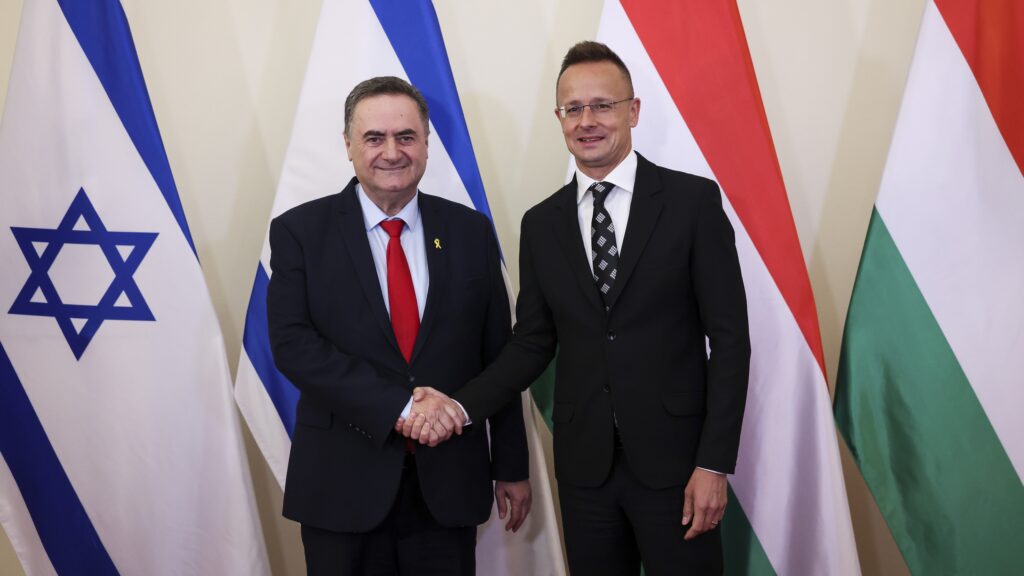
The Hungarian government and Jewish communities, along with thousands of ordinary Hungarians, have shown full support of and solidarity with the State of Israel and the Jewish people in a number of ways since 7 October. We have listed the most important ones on the occasion of the 35th anniversary of Hungary–Israel relations.
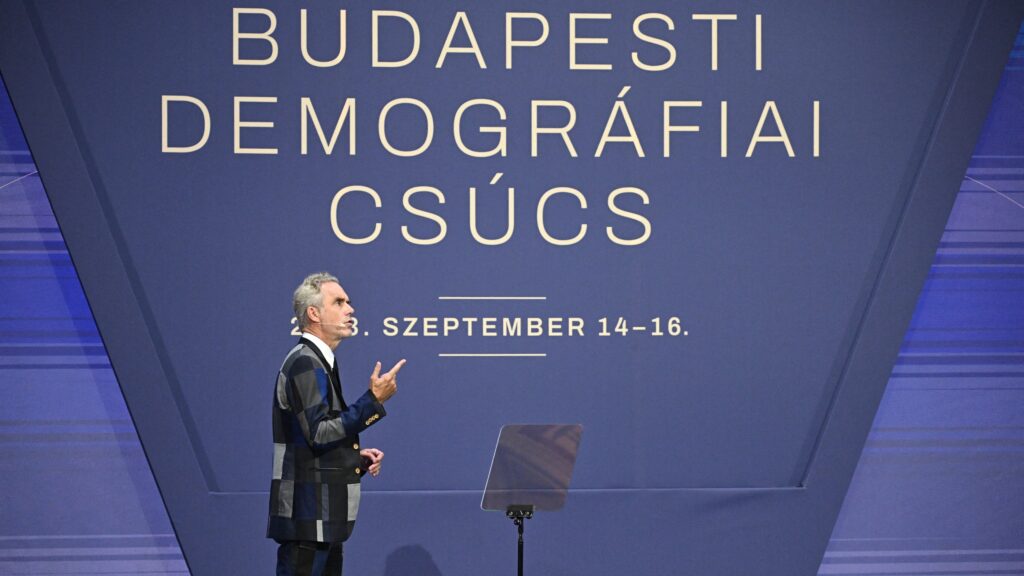
In a podcast conversation with his daughter, Mikhaila Peterson, Dr Peterson reacted to the court’s dismissal by stating: ‘I’ll be sitting down with an expert, whatever that means, and they’re going to do whatever it is they think they can do to make me into an entirely different sort of creature than I am. And so I’m sort of morbidly curious about that. Yeah, Jordan Peterson’s reeducation is coming to the airwaves soon.’
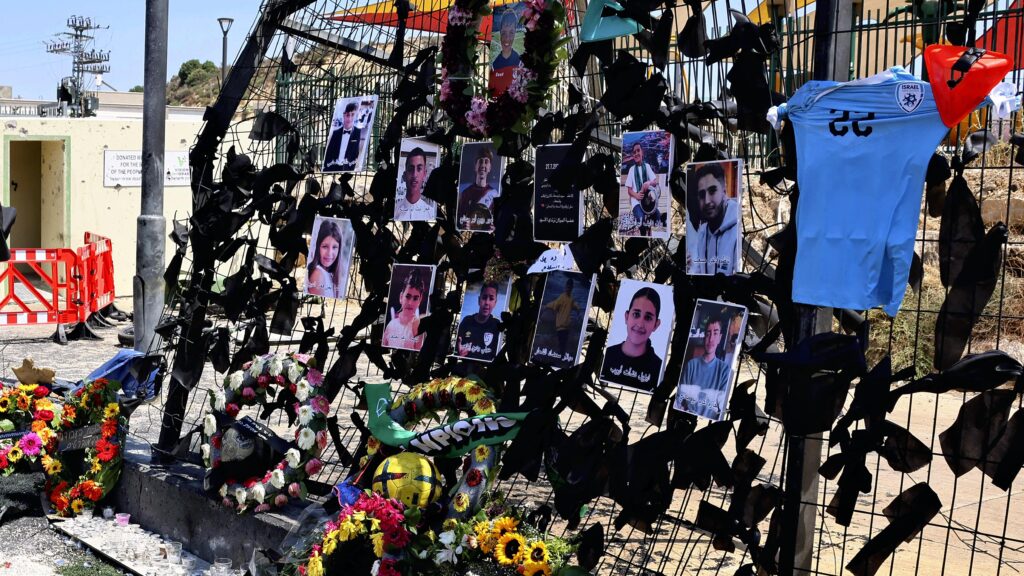
In the days after the attack Israeli and international Jewish organizations raised around half a million dollars for the grieving Druze families affected by the horrific attack. Head of the Majdal Shams City Council Dolan Abu Saleh highlighted that the Druze want peace in the region.
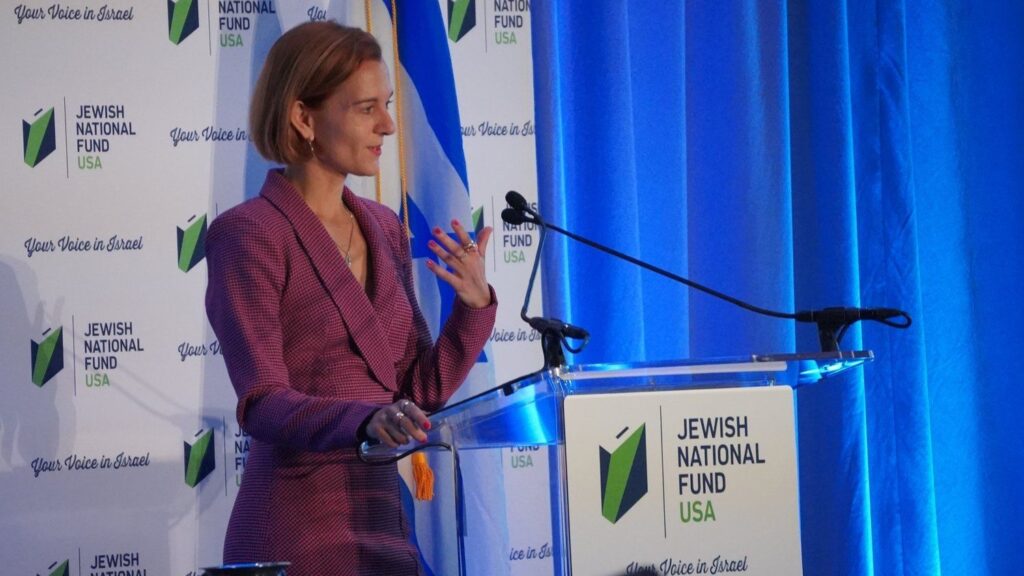
‘What has been going on at Columbia, how the professors are treating Jewish students, how they wouldn’t give you a letter of reference if you were a Zionist, all this has been normalized to the extent that it led to the recent encampments. So, when you normalize the narrative against Jews and Zionists so much that it is engrained in people that it’s okay to hate them, and there are no consequences, that’s when we end up seeing what happened a couple of months ago at the Ivy League colleges in America.’
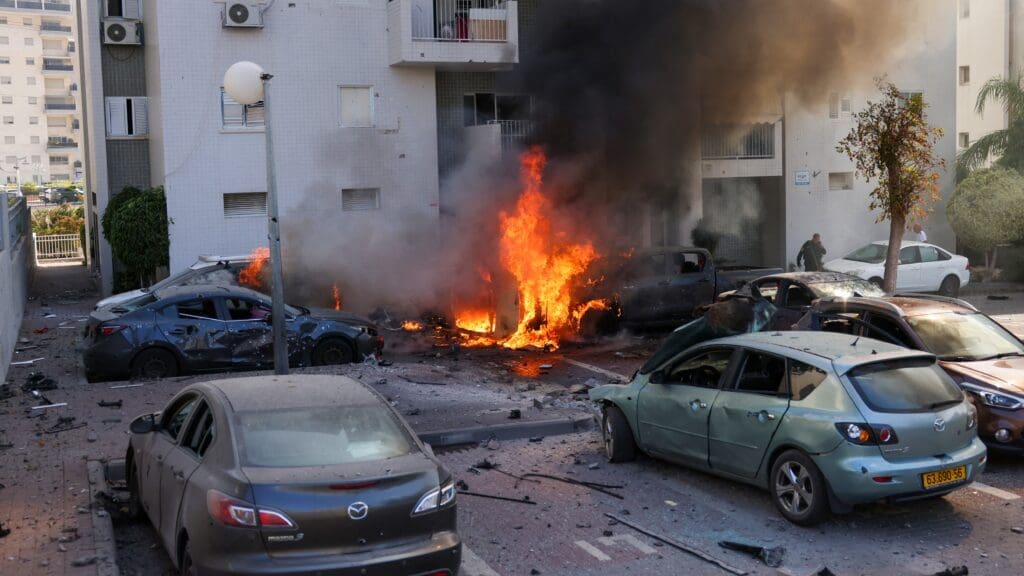
‘His holocaust-survivor grandfather highlighted that he should kiss his weapon as now, unlike during the Holocaust, the Jewish people have the privilege from God to defend themselves. This is why, as Dr Ansbacher explained, when Hamas invaded Israel, they didn’t find helpless Jewish people, but thousands of strong soldiers, police officers, Special Forces, and also regular people who were able to defend themselves.’
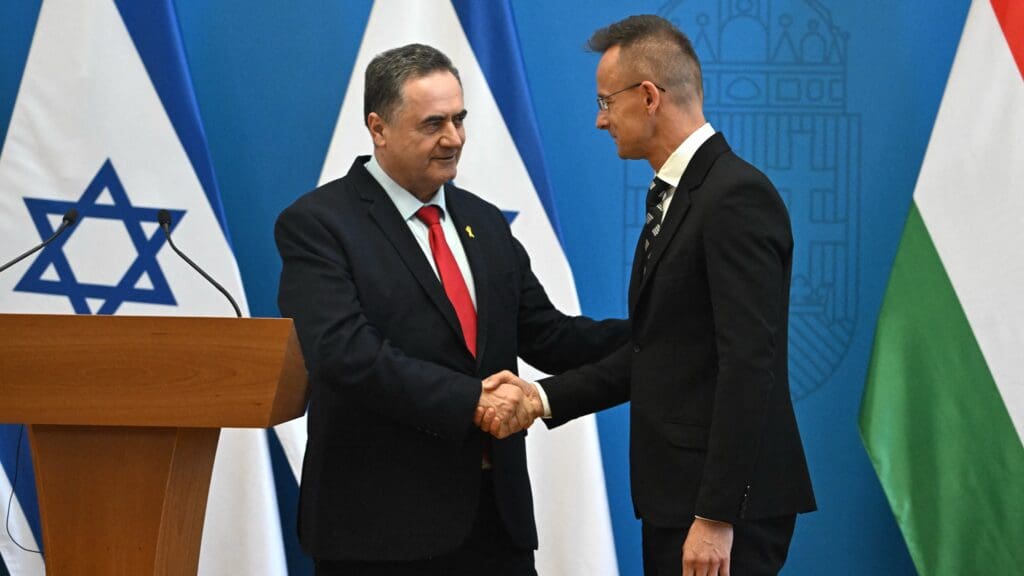
As Itamar Eichner phrased in his Ynet News article, ‘Without the opposition from Israel’s friends in the EU, such as Hungary, the Czech Republic, Austria, and Germany, the EU might have already passed sanctions against Israel. Foreign policy decisions in the EU require consensus, which Israel’s allies prevent.’

‘It’s really important to understand that we’re not operating military to military with ground rules and understanding of military bases in uniform as these terrorists are not wearing uniforms and are embedding themselves in schools, hospitals, public areas, kindergartens, homes, hiding weapons in those areas, making themselves and the people around them targets. So it’s a very, very complex situation to fight in. Secondly, I think that Israel understands not only the humane side but also that it’s important to allow more and more humanitarian aid to enter because our goal is to eliminate Hamas and not to harm the people of Gaza,’ IDF Staff Sergeant Nicki told Hungarian Conservative in a recent interview.

On 21 May, pro-Palestinian individuals aggressively disrupted an even at the Danube Institute. However, they failed to silence the Israeli representatives who came to Hungary to bear witness to the brutality of Hamas on 7 October. What they managed to do, however, was to illustrate a crucial difference between the two sides: while Israeli advocates presented their arguments intelligently and peacefully, related their painful experiences, and even when they were shouted at answered questions, the Palestinian protesters had no substantive arguments; instead, they shouted antisemitic slogans full of hatred, and in a deeply disrespectful manner, tried to do everything to silence the Israelis and those who support them.
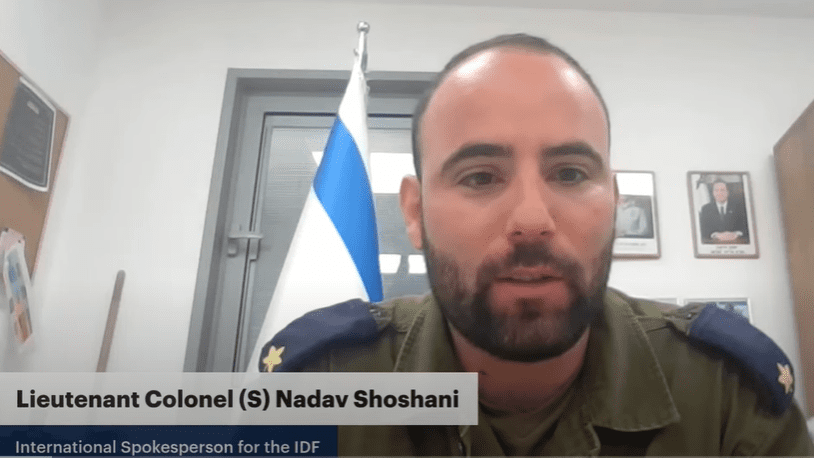
Lieutenant Colonel Shoshani pointed out that ‘in this horrible reality, even though we showed evidence of the barbaric sexual violence by Hamas on 7 October, the world still doesn’t believe it happened,’ which demonstrates how people tend to believe only what they want to, even when presented with facts.